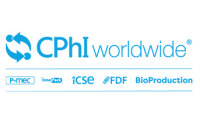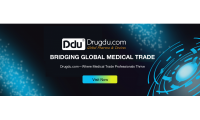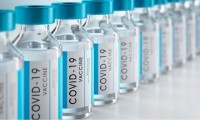-
Edelman
- Source: drugdu
- 137
- June 6, 2023
-
EULAR announces the launch of new survey targeted directly at RMD patients
- Source: drugdu
- 107
- June 3, 2023
-
MedTech Europe sets out position on cybersecurity, making case for reliance on MDR
- Source: drugdu
- 151
- June 2, 2023
-
CPhI Worldwide Europe
- Source: drugdu
- 1,054
- June 1, 2023
-
【EXPERT Q&A】What exactly is the difference between intermediates and active pharmaceutical ingredients?
- Source: drugdu
- 298
- May 31, 2023
-
Marinus Pharmaceuticals gets positive opinion for ZTALMY from CHMP
- Source: drugdu
- 109
- May 31, 2023
-
While Pfizer, BioNTech agree to cut COVID vaccine supply to Europe, Moderna sets up shop in China
- Source: drugdu
- 141
- May 31, 2023
-
European Commission to receive fewer Pfizer-BioNTech vaccine doses under amended contract
- Source: drugdu
- 121
- May 30, 2023
-
EU regulators recommend yanking authorization for Novartis’ sickle cell med Adakveo after phase 3 miss
- Source: drugdu
- 162
- May 30, 2023
your submission has already been received.
OK
Subscribe
Please enter a valid Email address!
Submit
The most relevant industry news & insight will be sent to you every two weeks.












